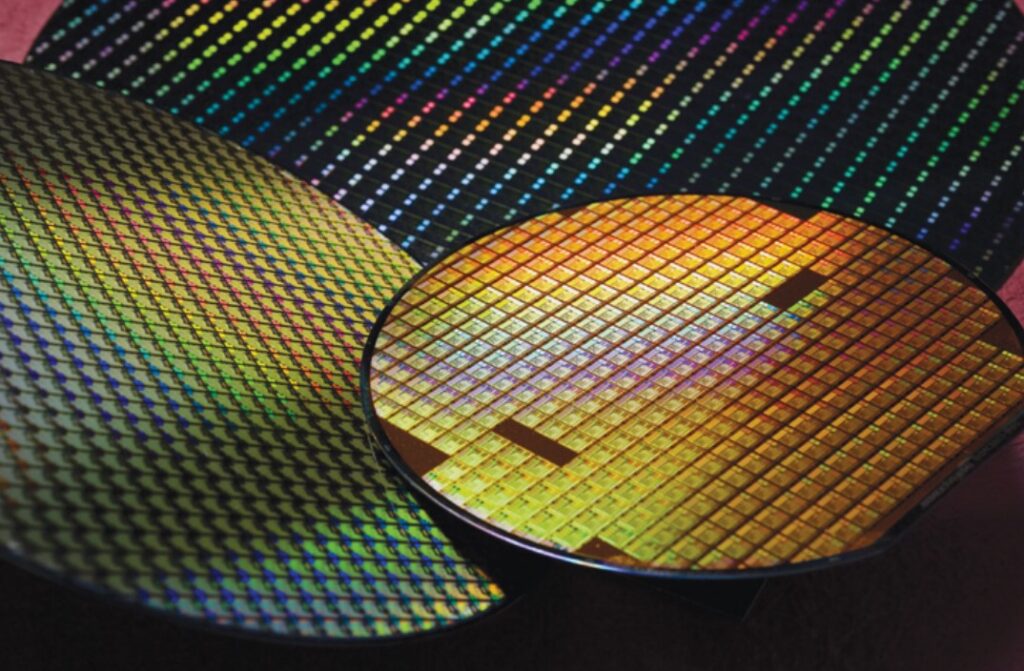Apple has reportedly bought up all of the 3 nm chips that Taiwan Semiconductor Manufacturing Company (TSMC) can produce for its next-generation iPhones and Macs. The deal gives Apple a competitive edge over its rivals and lowers its costs by avoiding defective chips.

Apple’s massive chip orders
According to a report by The Information, Apple was responsible for 23 percent of the $72 billion that TSMC made in 2022, making Apple “by far TSMC’s largest customer”. The report also claims that Apple has secured a deal with TSMC since 2014 that allows it to avoid paying for defective chips, which are common in new manufacturing processes. This means that Apple only pays for the usable chips, while TSMC absorbs the cost of the faulty ones.
The report cites sources familiar with the matter who say that TSMC’s 3 nm technology will be exclusive to Apple for “roughly a year” before other companies can use it. This gives Apple a significant advantage over its competitors, who will have to rely on older or less advanced chip technologies for their devices.
TSMC’s 3 nm process
TSMC is the world’s largest contract chipmaker, and it produces most of the high-performance CPUs, GPUs, and SoCs for companies like Apple, Nvidia, AMD, and Qualcomm. TSMC’s 3 nm process is expected to offer a 10-15 percent increase in performance and a 25-30 percent reduction in power consumption compared to its 5 nm process, which is currently used by Apple for its M1 and A14 Bionic chips.
TSMC’s 3 nm process is also expected to increase the transistor density by 70 percent, which means that more transistors can fit on a given area of silicon. This allows for more features and functionality to be added to the chips, as well as improving their efficiency and performance.
Apple’s next-gen devices
Apple is rumored to use TSMC’s 3 nm process for its M3 series processors for Macs and the A17 Bionic for some next-gen iPhones. The M3 series processors are expected to power the upcoming MacBook Pro models, which are said to feature a redesigned chassis, a mini-LED display, an HDMI port, an SD card slot, and a MagSafe connector. The A17 Bionic is expected to power the iPhone 15 models, which are said to feature a titanium body, a USB-C port, an under-display fingerprint scanner, and a periscope zoom camera.
Apple has not officially confirmed any of these details, but it is likely that the company will announce its new devices later this year or early next year. Apple has been known to innovate and push the boundaries of technology with its products, and its exclusive deal with TSMC for its next-gen chips is another example of its strategy.







